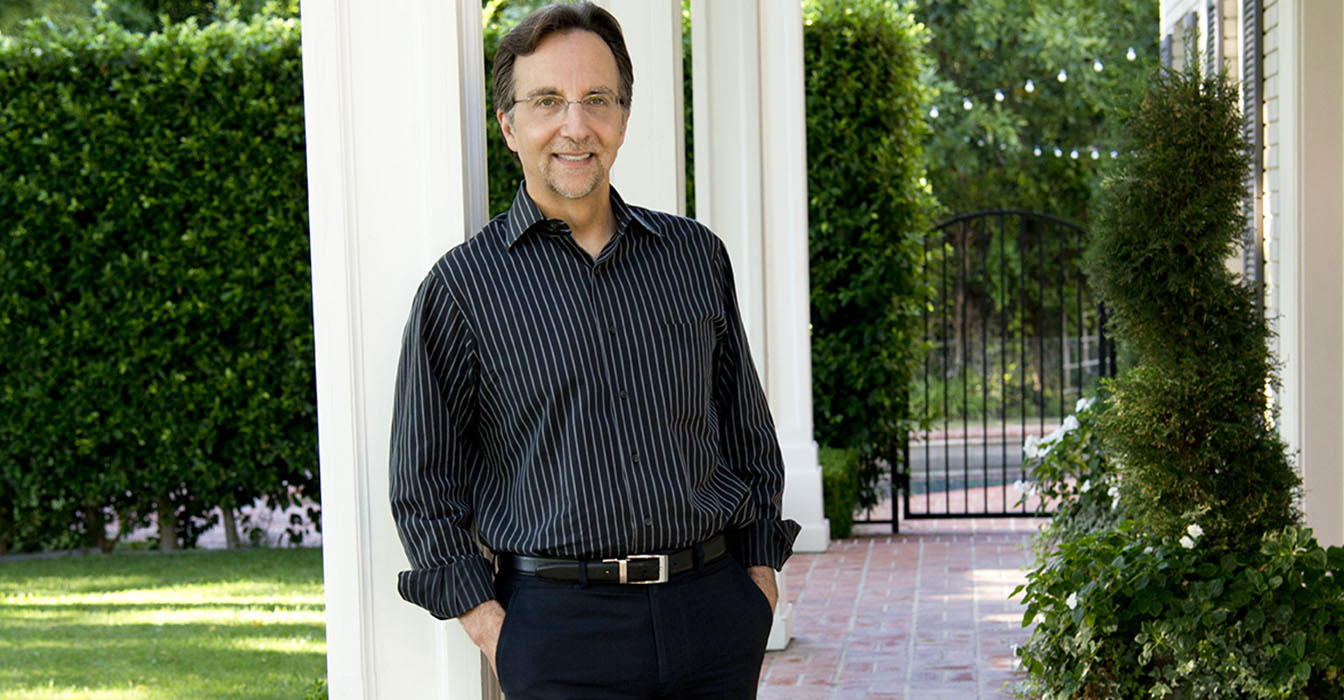The Justice Gap in America forms one of the more serious social and economic divides in our country. With resources for legal aid and non-profit legal service providers perennially stretched thin, the burden to represent the under-represented falls to law firms, often large multinational ones. Firms have redoubled their efforts by professionalizing their pro bono programs, hiring experienced attorneys to manage this aspect of their practices, focusing concentrated efforts on their legal services for the poor and disadvantaged.
One of the leaders of this movement is David Lash, counsel in O’Melveny & Myers’ Los Angeles offices. Lash manages the firm’s public interest and pro bono services program. He has led the O’Melveny program to the ABA’s Pro Bono Publico Award and has molded it into one of the top 10 programs in the country. Prior to joining O’Melveny, he was Executive Director of Bet Tzedek, one of the largest non-profit legal services agencies in the United States. Lash also is a member and past president of The Association of Pro Bono Counsel (APBCo), a membership organization with more than 150 attorneys and practice group managers who run pro bono practices in 100 of the largest law firms in the world.
Lawdragon: What does it mean for firms like yours to have a more centralized pro bono program?
David Lash: I have huge resources at my disposal. The firm is supportive and that allows me to cultivate a respectful approach to treating pro bono like any other legal work.
LD: How did you make the transition to directing O’Melveny’s pro bono program from Bet Tzedek?
DL: When I joined the firm, I was working on commercial litigation and spending about 15 percent of my time on administering and growing the pro bono program. After a couple of years of my involvement in administering and growing the program, the firm’s pro bono hours doubled. As a result, firm leadership asked me if I would consider being the full-time Managing Counsel of Pro Bono and Public Interest Services because they were so pleased about the growth, and that if I could help facilitate such improved performance with just a small portion of my time, they were anxious to expand my role and further increase firm-wide pro bono performance.
LD: Tell us about the Association of Pro Bono Counsel.
DL: It was formed in response to this growing trend in big-time firms to hire pro bono lawyers to run firm-wide programs. It was intended to bring professional management to pro bono practices, creating an administrative structure just as would be found in regard to the operation of other substantive areas of the firms’ practice, much like securities work or class action litigation or other practice groups. The idea was that by having lawyers charged with the responsibility of running firm pro bono programs, the visibility of those program would be raised, the substantive work would be overseen in a professional and organized way, and there would be a lawyer having responsibility for client relationships, risk management issues, and other administrative aspects of the work, just as all practice areas of the firm generally have. APBCo promotes that philosophy.
It promotes collaboration and raising awareness of the importance and impact of pro bono work. APBCo also conducts training programs several times a year for its members, focusing on professional development aspects of this most unique area of law firm practice
LD: Whose idea was it?
DL: There was a group of lawyers: Amanda Smith from Morgan Lewis, Greg McConnell from Winston & Strawn, Maureen Alger at Cooley, Sarah Lynn Cohen at Shearman & Sterling and Angela Vigil at Baker & McKenzie. They were having drinks after a conference and they realized pro bono lawyers were becoming a community. It was sort of like, “Should we be doing something with this?” Soon after its founding, I joined the organization and began attending annual meetings, participating in programming, and reaping the benefits of the quickly evolving list-serve that enhanced a national dialogue among our growing community of peers. When non-founders began rising in the organization’s leadership, I was chosen to serve a term as president of APBCo.
LD: What kind of impact has the association had?
DL: It’s been huge. The American Bar Association contacts us. We’ve gotten involved in policy work in response to a surge in cases coming out of the immigrant detention centers. APBCo leaders met with Vice President Joe Biden to discuss issues of access to justice on a national level. As a result of that historic meeting with the Vice-President, and with his enthusiastic support, APBCo has launched a nationwide pro bono program in 10 cities around the country, creating a pro bono project on a scale that never before has occurred.
Pro bono has become a part of the fabric of law firm life, and APBCo serves to professionalize that aspect of firm practice, working closely with the legal aid community to complement their services through an organized, effective pro bono model of service delivery.


